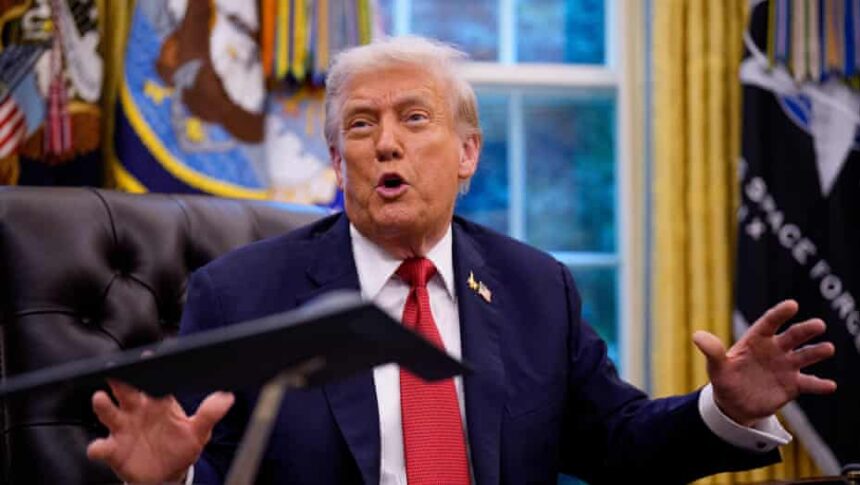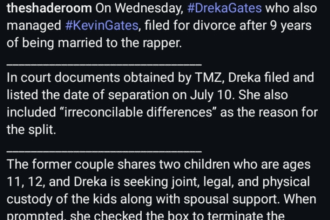
Donald Trump has signed legislation compelling the US Department of Justice to release files from the investigation into Jeffrey Epstein, the late financier and convicted sex offender. The move represents a significant reversal for the president, who previously resisted calls to make the documents public despite having the authority to do so during his earlier term in office.
The bill, passed by both chambers of Congress, requires the Justice Department to disclose Epstein-related material within 30 days. While the legislation allows for the redaction of victims’ identities and material that could jeopardise ongoing investigations, it specifically prohibits withholding information on grounds of embarrassment, reputational damage or political sensitivity.
Trump’s decision follows sustained pressure from both Democratic opponents and members of his own conservative base. On the campaign trail, he had promised to release the files, but later dismissed the issue as a “hoax”. In recent days, however, he shifted his stance, declaring that “we have nothing to hide” and urging closure on what he described as a Democratic attempt to distract from Republican successes.
In a post on Truth Social, Trump sought to redirect scrutiny towards Epstein’s links with the Democratic Party, writing: “Perhaps the truth about these Democrats, and their associations with Jeffrey Epstein, will soon be revealed, because I HAVE JUST SIGNED THE BILL TO RELEASE THE EPSTEIN FILES!”
The Justice Department has previously stated that much of the material is subject to court-ordered sealing, intended to protect victims. A memo issued in July noted that only a fraction of the documents would have been made public had Epstein gone to trial. It remains unclear how much new information will be released under the terms of the legislation.
The bill mandates the publication of a wide range of records, including investigations into Epstein and his associate Ghislaine Maxwell, flight logs, travel records, immunity deals, plea agreements, internal communications on charging decisions, and documentation relating to Epstein’s detention and death in 2019. Exceptions apply to sensitive material such as depictions of child abuse or evidence that could compromise active prosecutions.
Congress has already released tens of thousands of documents shedding light on Epstein’s connections with prominent figures, among them former US Treasury Secretary Larry Summers and writer Michael Wolff. Trump’s name appears in some of the material, though there is no indication he was involved in Epstein’s criminal activities. Emails disclosed by Democratic members of the House oversight committee show Epstein referring to Trump in disparaging terms, at one point describing him as “the dog that hasn’t barked”.
Epstein, who was awaiting trial on sex trafficking charges, died in 2019 in a federal prison cell. His death was officially ruled a suicide. The forthcoming release of documents is expected to reignite debate over his network of associates and the extent of official knowledge of his activities.













